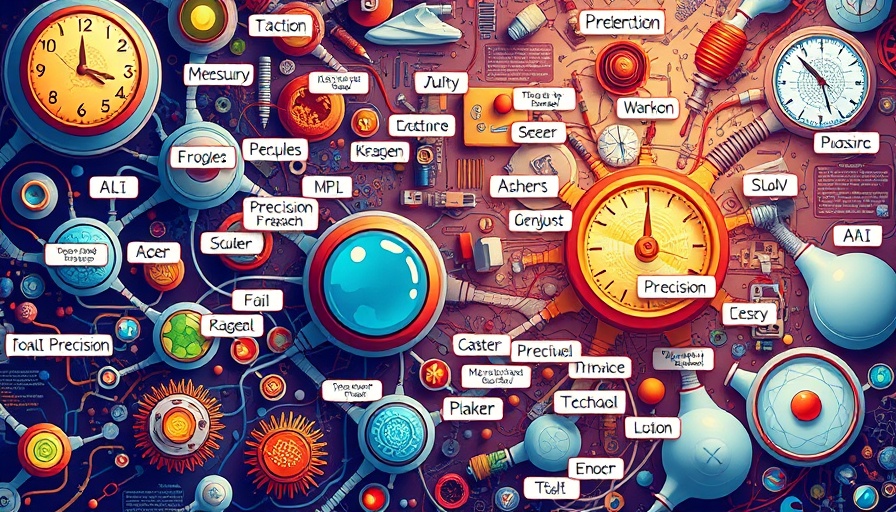
Revolutionizing Patient Care: The Role of Technology
In an era of unprecedented technological advancement, harnessing AI, cloud computing, and interoperability stands to redefine patient-centered care in healthcare systems. As providers increasingly adopt digital health solutions, it is essential to explore how these technologies collaborate to enhance patient outcomes and optimize healthcare delivery.
The Power of AI in Personalizing Treatment
Artificial Intelligence (AI) has emerged as a cornerstone in tailoring healthcare strategies to individual needs. By analyzing vast datasets, AI can predict patient risks, recommend tailored treatment plans, and even identify potential medication errors before they reach the patient. This data-driven approach not only improves the accuracy of diagnoses but also enriches patient experiences, significantly reducing the emotional and physical toll on patients and their families.
Cloud Technology: A Gateway to Accessibility
The integration of cloud technology in healthcare facilitates seamless data sharing, enabling healthcare providers to access patient information anytime, anywhere. This accessibility plays a vital role in ensuring coordinated care and empowering patients to engage actively in their health management. This shift towards a mobile-first healthcare system exemplifies a commitment to patient-centeredness while also dismantling barriers posed by traditional, location-based care models.
Striving for Interoperability in Healthcare
Interoperability, or the ability of different systems to work together and exchange information, is crucial for a patient-centered approach. A fragmented system can result in miscommunication, redundant testing, and an overall poor experience for patients. Building interoperable systems bolsters effective communication among healthcare providers and patients, fostering a holistic approach to health management. By creating a cohesive patient journey, healthcare organizations can significantly enhance satisfaction and health outcomes.
Future Predictions: The Evolution of Patient Care
As technology continues to evolve, the future of patient-centered care promises numerous innovations. Emerging trends such as telehealth, remote monitoring, and virtual reality therapy stand to expand the boundaries of traditional care. The possibility of personalized medicine, driven by genetic information and AI, will empower patients more than ever before. Furthermore, the integration of mental health support through technology will confront the increasing awareness of mental well-being as an integral part of holistic health.
The Emotional Aspect: Bringing Humanity Back to Healthcare
Despite the technological advancements, it is important to remember that at the heart of healthcare lies the patient. The human element remains paramount. Technologies should supplement—not overshadow—the emotional connection between healthcare providers and patients. Stories highlighting the struggles and successes of individuals navigating the complexities of healthcare illuminate the necessity of maintaining compassionate care amid the push for efficiency.
Conclusion: Embracing a New Era of Healthcare
In conclusion, the integration of AI, cloud technology, and interoperability represents a transformative influence in patient-centered care. By embracing these tools, healthcare can enhance personal experiences, improve outcomes, and ultimately foster a healthier society. It is crucial for stakeholders—from policymakers to healthcare providers— to advocate for an ethical and inclusive approach in implementing innovative solutions that prioritize the needs and rights of patients.
As we stand at the intersection of technology and healthcare, let us advance with the knowledge that innovation can empower us to build a future of health and wellness for everyone.
 Add Row
Add Row  Add
Add 




 Add Row
Add Row  Add
Add 

Write A Comment